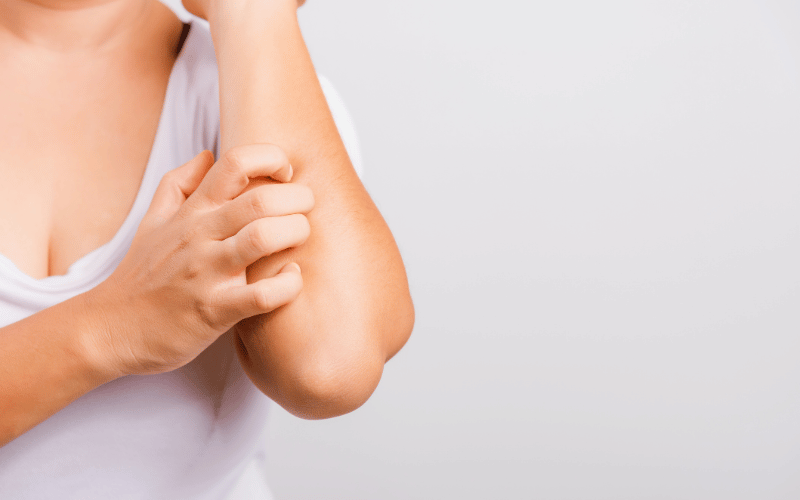Symptom 9: Persistent Itching

Persistent itching, medically known as pruritus, is a common and often distressing symptom for individuals with Diabetic Kidney Disease (DKD). This itching is not localized but tends to be widespread, affecting various parts of the body. Understanding this symptom requires an exploration of its underlying causes, which are multifaceted and closely linked to the overall impact of DKD on the body.
In DKD, the reduced ability of the kidneys to filter waste effectively leads to the accumulation of uremic toxins in the bloodstream. These toxins can cause severe itching by directly irritating the skin or indirectly through secondary effects such as dry skin, calcium-phosphate imbalances, and histamine release. Moreover, as kidney function declines, imbalances in minerals like phosphorus and calcium can lead to skin changes that contribute to itching.
Individuals with DKD often experience changes in skin texture and moisture levels. The skin may become dry and less elastic, making it more prone to irritation and itching. In some cases, the itching may be exacerbated by secondary skin conditions like eczema or xerosis (dry skin).
Persistent itching can significantly impact the quality of life for those with DKD. It can disrupt sleep, lead to skin damage due to scratching, and cause considerable discomfort. The psychological impact, including increased stress and anxiety, can further compound the distress caused by this symptom.
Managing persistent itching in DKD involves a combination of approaches. Keeping the skin moisturized, avoiding irritants, and using medications to reduce itching can provide relief. In some cases, addressing the underlying mineral imbalances and uremia through medical interventions can also be effective. Collaboration with healthcare providers is essential to develop a comprehensive management plan that addresses both the physical and psychological aspects of this symptom. (9)